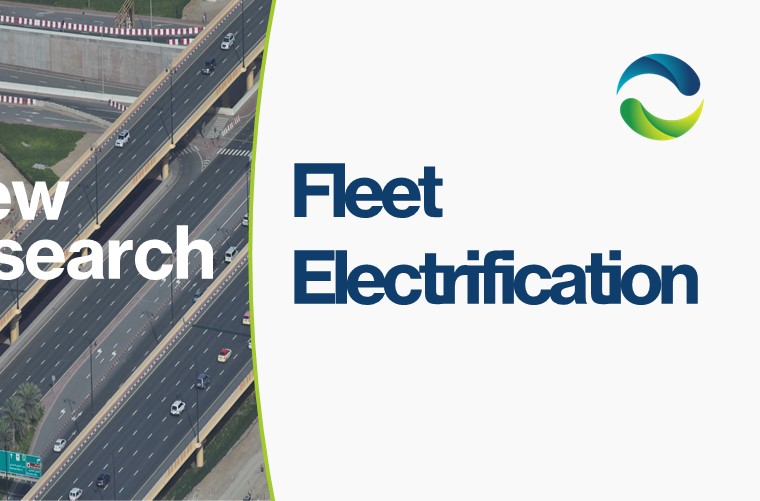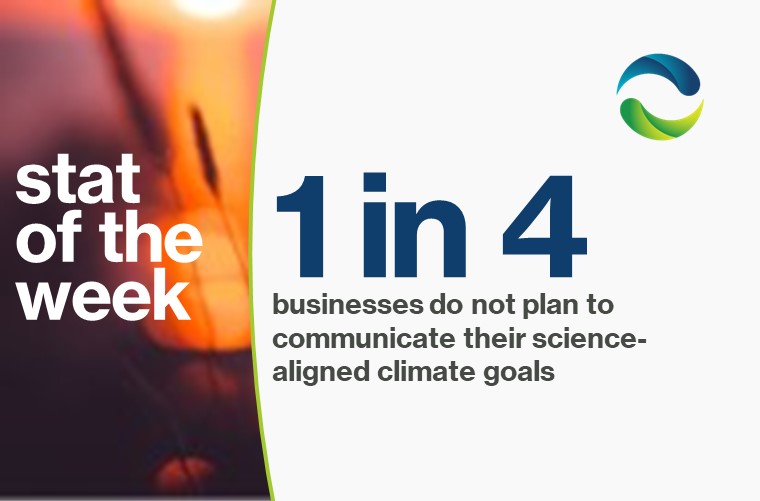On August 8th, Mayor Lori Lightfoot announced that Chicago will power 100% of city operations through renewable energy with purchases through a new deal with Constellation New Energy Inc. and Swift Current Energy. This $442 million deal means that, by 2025, 100% of Chicago’s municipal operations and facilities—including major sites like O’Hare Airport, Midway Airport, and the Harold Washington Library Center—will be powered by new solar farms in central Illinois. A significant acceleration of the city’s climate action goals, this deal also includes provisions to develop a diverse clean energy workforce through funding for apprenticeship and job training programs for minority workers.
Chicago’s announcement comes as a continuation of widespread city- and state-level efforts to act on climate change. Chicago is the sixth city in the US to commit to powering 100% of its municipal buildings with renewable energy by 2025 (following cities like New York City, Denver, Grand Rapids, and Houston). Coalitions like Climate Mayors and C40 Cities have built action and knowledge sharing to help municipal governments propel their cities toward net-zero emissions. Furthermore, 25 states and the District of Columbia have set economy-wide emissions reductions targets. This activity creates an echo chamber that influences organizations within these states and cities to act—as government leaders get serious about reducing emissions, business leaders will have increased financial and reputational incentives to follow suit and contribute to the achievement of these goals.
Federal policies will also play an influential role in city- and state-level climate action (and, as a result, corporate action). In the past few weeks, The Climate Board has covered the Inflation Reduction Act’s climate provisions primarily through the lens of its impact on corporate climate action. While several provisions of the bill provide direct funding to companies like steel producers and electric vehicle manufacturers, there are meaningful implications for companies through provisions that fund the development of municipal and state climate pollution plans. Through the Climate Pollution Reduction Grants program, each state can seek a block grant from the $5 billion fund administered by the EPA and spend this money to curb carbon pollution as states see fit. Governors can apply, but so can public utilities commissioners and other state officials; this could be crucial in states that aren’t as politically motivated toward climate action. This provision spells big money for state governments—which historically have been drivers of environmental action in the absence of coordinated federal action—as they move toward their clean energy goals, enforce their own state environmental regulations, and develop new plans to lower emissions.
What do these policies and incentives mean for Chicago and Illinois businesses? Aside from Mayor Lightfoot’s commitment to 100% renewable energy for municipal operations, the state of Illinois recently submitted a plan to provide EV charging infrastructure on state highways through last year’s Infrastructure Investment and Job’s Act (IIJA). The IRA’s provisions might provide millions more for state-wide renewable energy purchasing and new tax incentives. For large private players in Chicago like Boeing, Kraft Heinz, and Walgreens, these developments and the city’s renewable energy commitment might increase the supply of renewable energy in the state and provide a roadmap to corporate renewable energy purchasing. On the flip side, companies in the city without plans to lower emissions should be weary of impending pressure.
As for companies operating in other municipalities with renewable energy commitments (like the cities mentioned above), business leaders should prepare for a strong current to carry them along as regional governments put real dollars behind climate commitments.
The Climate Board focuses its work and research on corporate climate action, which is undeniably impacted and increasingly incentivized by state and municipal climate commitments. As we continue to explore how the IRA and other policy developments will incentivize corporate action, our team will continue to explore the more nuanced interactions between regulatory developments and the corporate climate landscape.




